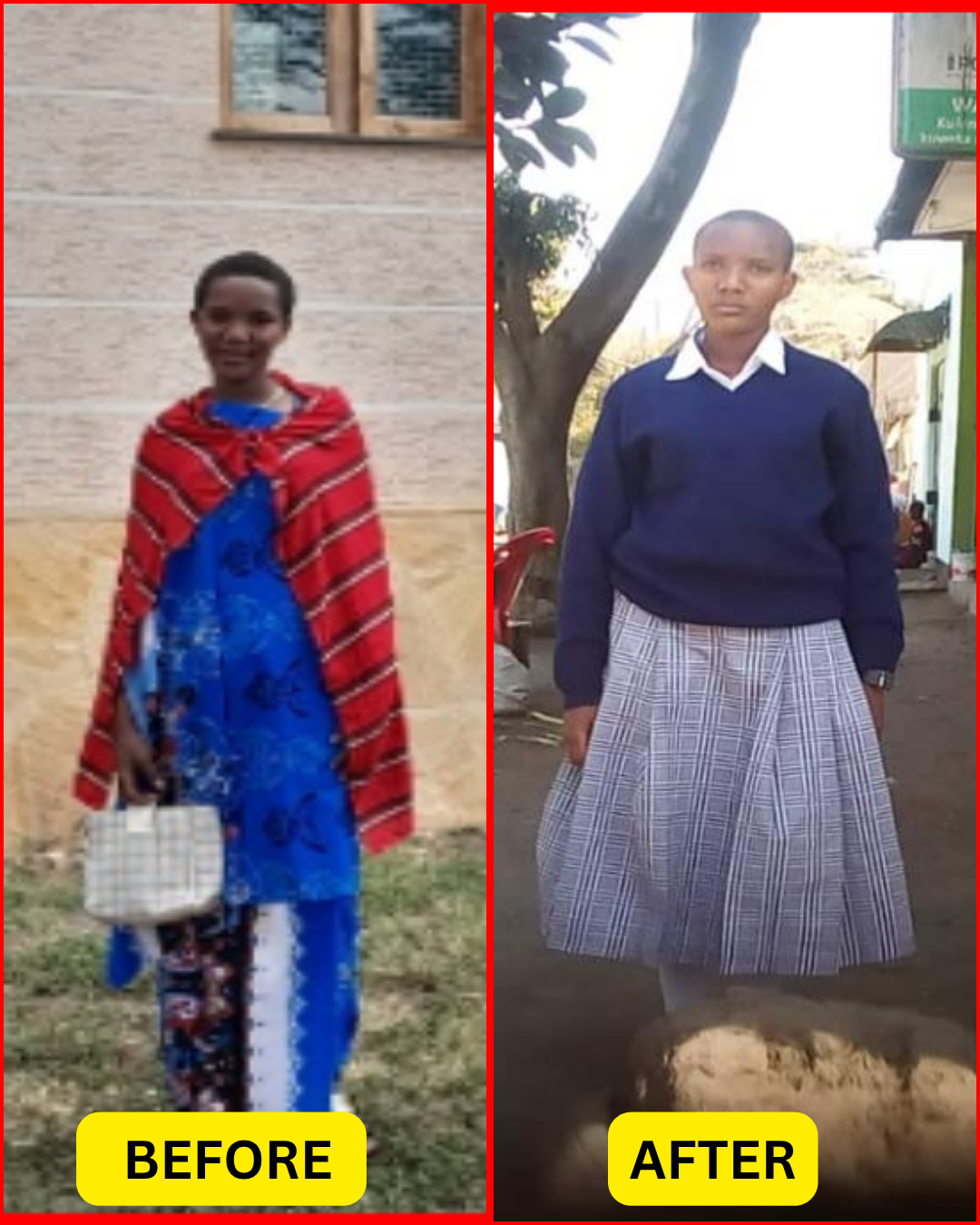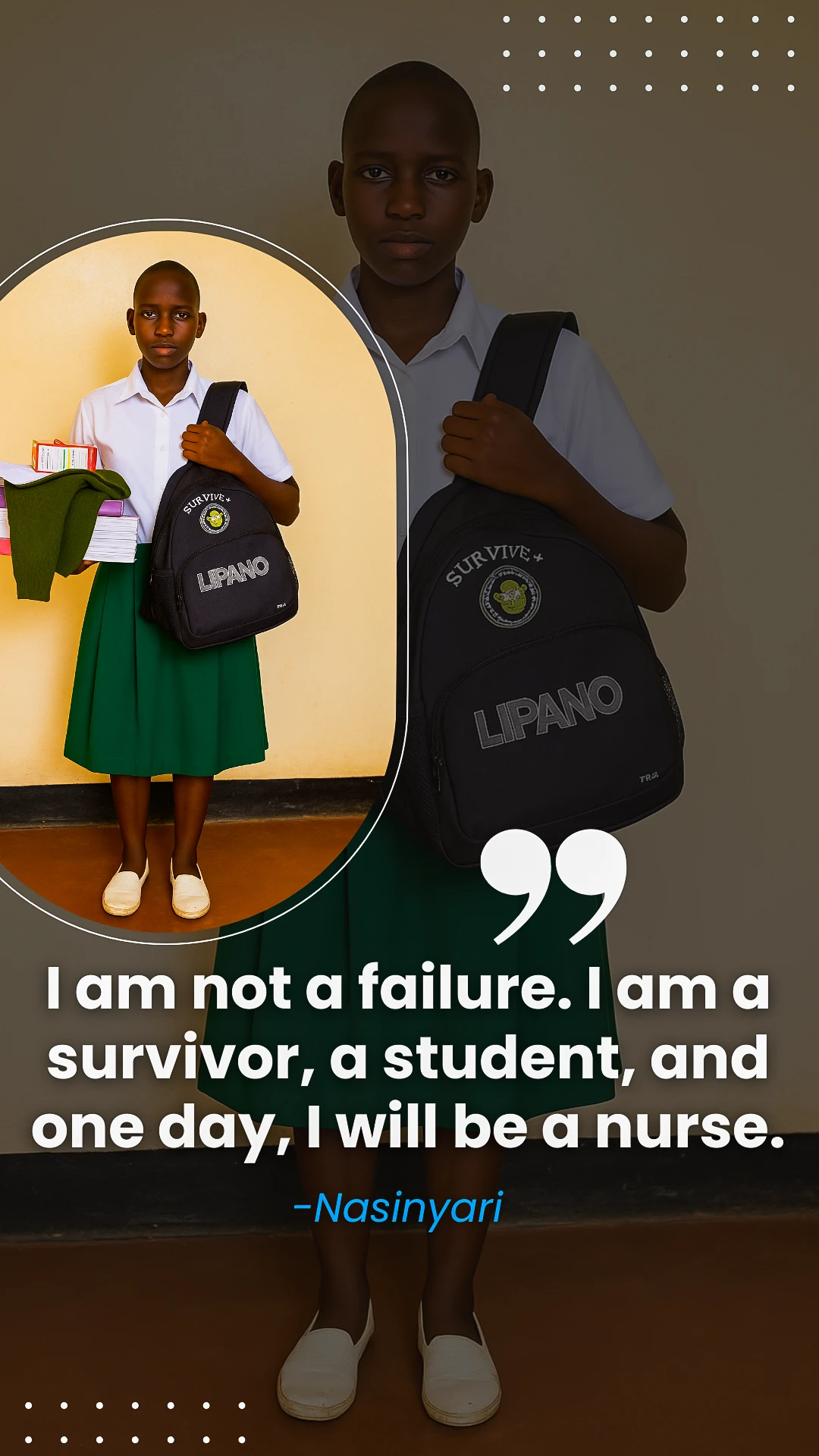Naipaipai Kaayang Lemiti
From: A remote Maasai village.
Hindered by: After her father’s death, Naipaipai faced a forced marriage at 14, as relatives sought to uphold cultural practices, threatening her dream of education.
Journey: Her mother, a widow, fought against patriarchal pressures and sought help from KINNAPA Development Programme. With legal and social support, Naipaipai escaped the marriage and returned to school, where she excels and advocates for girls’ rights.
Impact: Naipaipai’s advocacy inspired 20 girls to stay in school, reducing child marriages by 15% in her community.


.webp)
